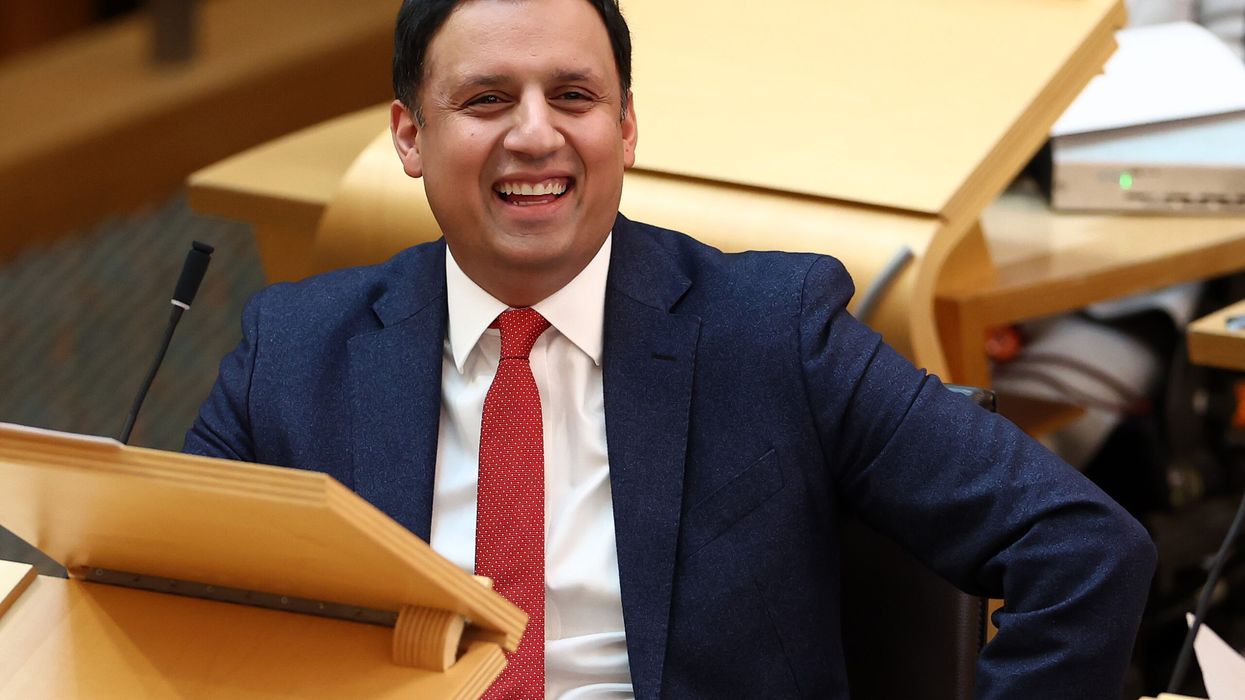In a significant shift in Scottish politics, Labour is poised to reclaim its dominance over the Scottish National Party (SNP), according to a recent poll.
Under the leadership of Anas Sarwar, Labour has achieved its most substantial lead over the SNP in nearly ten years and is projected to gain ground both at Westminster and Holyrood, according to a poll conducted for The Sunday Times.
In a significant turnaround, the SNP's four consecutive victories in Scottish parliament elections are predicted to come to an end, with Labour reclaiming power for the first time since 2007.
According to the newspaper, a recent survey conducted by Norstat (formerly Panelbase) indicates a significant decline in SNP support in a Westminster election, marking its lowest level since the 2014 independence referendum. The poll suggests that the SNP would retain only 15 of its 43 seats, while Scottish Labour would see a remarkable surge, potentially securing 28 seats compared to its current tally of two.
The poll data comes after a disastrous week for the SNP as First Minister Humza Yousaf had to resign just days before he was due to face two confidence votes. This happened after Yousaf's abrupt termination of a power-sharing agreement with the Scottish Greens led to a unionist no-confidence motion in his leadership.
John Swinney is expected to assume the role of First Minister, with support from Kate Forbes, amid speculation of a trimmed-down government focusing on key priorities.
According to polling expert Sir John Curtice, the SNP's future hinges on Swinney's leadership, with support waning even among independence supporters, reported The Times.
The poll indicates a decline in SNP voter share, with Labour's share increasing, potentially leading to the SNP's weakest performance since 2010.
Despite the SNP's challenges, support for Scottish independence remains evenly split, with 48% in favour of independence and 52% backing the Union, the newspaper reported.
According to the poll, the SNP would attract votes from 29 per cent of the electorate while Labour’s share increased by two points to 34 per cent.
Eighteen per cent of people said they were more likely to vote SNP with Swinney as First Minister, including 28 per cent of people who voted for the party in 2019. But 26 per cent of the public said they were less likely to back the nationalists, the poll data shows.
Sir John Curtice, the polling expert who compiled seat projections, said the “question that now arises is whether the coronation of John Swinney will enable the SNP to turn the page”, The Times reported.





